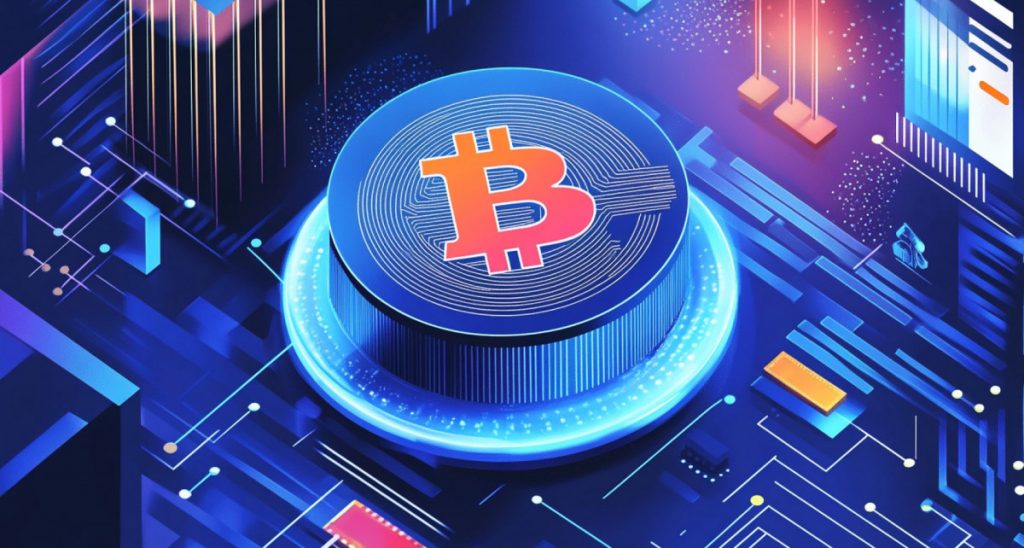Bitcoin Core Emphasizes User Freedom, Rejects Auto-Updates, Supports Spam Filters And Paid Transactions


In Brief
Bitcoin Core’s latest statement emphasizes user freedom in software choice and policy implementation, urges against mandatory updates to avoid perceived enforcement, and supports moderate spam filters and paid transactions like inscriptions.

Bitcoin Core development team released a statement outlining the relationship between its software development and the network’s transaction relay policy, noting that Bitcoin functions as a user-defined network in which individuals retain the freedom to select and run any software they prefer—whether fully-validating or otherwise—and to establish their own operating policies. The statement clarified that contributors to Bitcoin Core do not determine these user decisions. This principle is demonstrated through Bitcoin Core’s long-standing approach of not supporting automatic software updates, ensuring that no single party can impose changes across the network. Instead, updates are only adopted voluntarily by users, preserving software diversity as a key mechanism for preventing centralized control.
In a recent update, Bitcoin Core developers stated that their focus remains on ensuring the software performs reliably and efficiently in its core functions—namely, validating and relaying blocks and transactions within the Bitcoin peer-to-peer network. This is aimed at supporting Bitcoin’s operation as a decentralized digital currency. On the topic of transaction relay, the developers noted that while the implementation may involve denial-of-service protection and fee assessment policies, it does not extend to censoring transactions that consistently demonstrate economic relevance and are regularly included in blocks. The objectives behind transaction relay include improving the ability to anticipate which transactions are likely to be mined—supporting functions such as fee estimation and fee adjustment—enhancing the speed of block propagation to limit latency advantages for large mining entities, and ensuring that miners can access fee-paying transactions without depending on private submission channels that could compromise decentralization.
Deliberate Non-Relay Of Miner-Valid Transactions Risks Undermining Network Efficiency And Communication Integrity
Knowingly choosing not to relay transactions that miners are likely to include in blocks may push users toward alternative communication methods, which could undermine the intended benefits of the transaction relay process. While transaction acceptance rules have previously been used to discourage inefficient uses of block space during periods of low cost, such approaches are only effective when both users and miners are content with the alternatives. If an economically viable application emerges that conflicts with existing policy rules, miners and users can collaborate directly to bypass such restrictions. This dynamic is a key feature of Bitcoin’s resistance to censorship. Furthermore, other node implementations that utilize preferential peering have demonstrated that bypassing most network filters is relatively straightforward. Given these factors, it may be more effective for Bitcoin node software to focus on accurately reflecting which transactions are likely to be included in upcoming blocks, rather than attempting to limit activity between willing participants that poses no technical risk.
This perspective does not promote or support the use of Bitcoin for non-financial data storage, but rather acknowledges that, as a censorship-resistant protocol, Bitcoin is likely to be applied in ways that are not universally supported. While this interpretation is not shared by all participants in the network, it is based on the belief that such an approach serves the broader interests of Bitcoin and its user base. Development decisions will continue to be guided by careful evaluation, with transaction acceptance policies shaped to support the long-term functionality of the network and align with the practical incentives of miners. These considerations include maintaining upgrade compatibility, supporting efficient block construction, and mitigating risks such as denial-of-service vulnerabilities.
Bitcoin Core functions as the initial open-source implementation of the Bitcoin protocol, acting as both a reference client and a fully validating node. It is responsible for verifying transactions, preserving the integrity of the blockchain ledger, and offering integrated wallet features. The development of the software is managed through a collaborative process, with maintainers reviewing and coordinating code submissions. This structure ensures that the software adheres to consensus rules while contributing to the overall decentralization and security of the Bitcoin network.
Disclaimer
In line with the Trust Project guidelines, please note that the information provided on this page is not intended to be and should not be interpreted as legal, tax, investment, financial, or any other form of advice. It is important to only invest what you can afford to lose and to seek independent financial advice if you have any doubts. For further information, we suggest referring to the terms and conditions as well as the help and support pages provided by the issuer or advertiser. MetaversePost is committed to accurate, unbiased reporting, but market conditions are subject to change without notice.
About The Author
Alisa, a dedicated journalist at the MPost, specializes in cryptocurrency, zero-knowledge proofs, investments, and the expansive realm of Web3. With a keen eye for emerging trends and technologies, she delivers comprehensive coverage to inform and engage readers in the ever-evolving landscape of digital finance.
More articles

Alisa, a dedicated journalist at the MPost, specializes in cryptocurrency, zero-knowledge proofs, investments, and the expansive realm of Web3. With a keen eye for emerging trends and technologies, she delivers comprehensive coverage to inform and engage readers in the ever-evolving landscape of digital finance.


















































